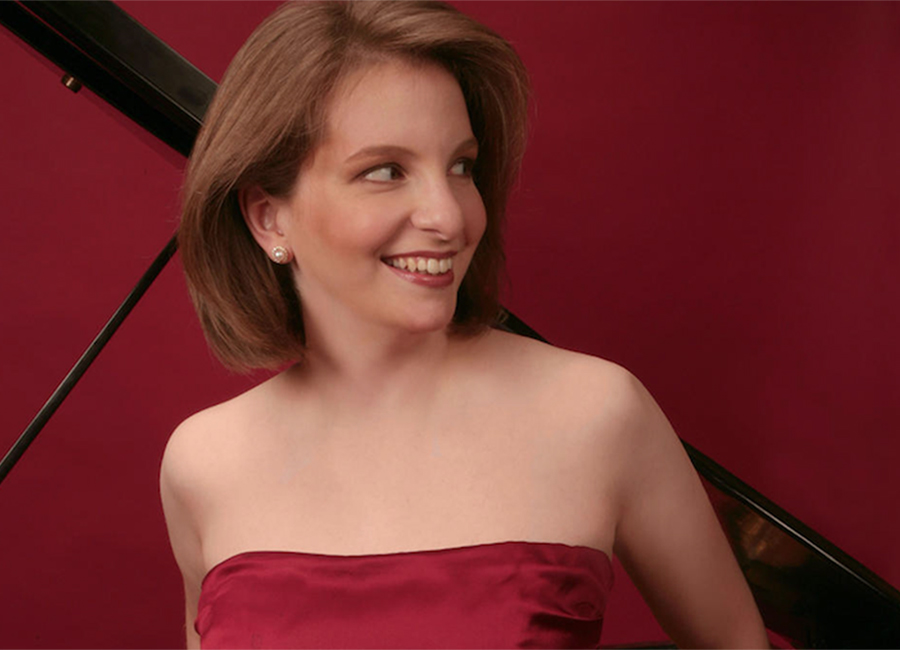
Proms Debut
July 22, 2007
Stephen Pritchard
By The Guardian
Proms 5, 6 & 7
Royal Albert Hall, London SW7
Every Proms season has its memorable nights, but this year's reached a pinnacle even before the first week was out when Kurt Masur chose to celebrate his 80th birthday with one hell of a party, inviting not one, but two orchestras and 6,000 adoring fans. In a unique collaboration, Masur conducted the English and French orchestras with which he still holds principal conductor positions - the London Philharmonic and the Orchestre National de France - in Tchaikovsky's elegant Serenade for Strings and Bruckner's mighty seventh symphony (Prom 7).
The sheer size of the ensemble for the Bruckner was awesome: 12 double basses stood along the top of the stage like gruff sentinels; two sets of timpani roared over the heads of legions of brass who in turn blazed away over a sea of strings and woodwind. I lost count of the number of violinists crammed on to the platform - there were so many the back desks were almost in the laps of the audience.
The deep-pile luxury of all these strings gave the Serenade a richness quite possibly beyond even Tchaikovsky's expectations, but Masur never let quantity get in the way of poise and elegance, making the pianissimo passages particularly telling, despite the best efforts of an apparently consumptive audience to drown them out.
From the moment the famous 'dream theme' opened Bruckner's seventh we knew the next hour was going to be a revelation. Such large forces gave Masur the opportunity to exploit every subtle nuance in the first movement and draw real pathos from the adagio. He obviously adores these players, blowing a kiss to the brass section after they romped through the blistering third movement and gathering each principal in his arms at the triumphant close to the finale. As the promenaders stamped and cheered their birthday good wishes, this astonishing octogenarian chose the prelude from Die Meistersingers as a trifling encore. In years to come, those in the hall will count themselves blessed to have been among that fortunate 6,000.
One of the many joys of the BBC Proms is its mission to promote new music. World premieres abound to the point of being commonplace, but when a piece of ancient music gets a first performance it is of special significance - particularly when it involves 60 vocal parts.
To call last Tuesday's late-night presentation (Prom 6) of Alessandro Striggio's Ecco si beato giorno mass a 'first performance' is a misnomer, of course, but it was certainly the first time it had been heard in 400 years, thanks to some dogged detective work by harpsichordist Davitt Moroney, who found it languishing in the Bibliotheque Nationale in Paris, miscatalogued as a four-part mass.
Moroney, who spent months reconstructing the piece (crashing his computer many times as it struggled to cope with 60 staves) was fortunate to have the Tallis Scholars, with the BBC Singers, to perform it under his direction. Famous for their interpretations of Tallis's Spem in alium (which we also heard, under Peter Phillips) the Scholars are used to the complex demands of so many vocal lines.
Spem in alium - which was provoked, rather than inspired, by Striggio's talent in a burst of English tit-for-tat - is a mere 40 parts. Striggio's mass expands to 60 (in five 12-part choirs) for the final Agnus Dei, an extraordinary achievement but not necessarily a stupendous one. Such large forces will inevitably produce a vast cushion of sound, majestic rather than fantastic. The interest and delight lies in the inner parts as they dance around in little figures clearly audible above the other voices. The singers were accompanied by His Majesty's Sagbutts and Cornetts which included a particularly fine double-bass trombone - a huge instrument set centrestage for maximum effect, mesmerically played by Wim Becu.
The hall was packed for this historic event, once again demonstrating that there is a huge audience for Renaissance music, and that ancient music can have a very modern following.
Modern music, on the other hand, can sometimes struggle to raise much interest. Earlier the same night (Prom 5) the audience was thin for the first outing of Sam Hayden's Substratum, which was in any case played incomplete. The BBC Symphony Orchestra had simply run out of time to rehearse the entire work and played only the final three sections. In a strange way it bore some relation to the Striggio that was to come later: huge blocks of dense sound with some interjections from the woodwind and brass buried deep in the mix. Hardly inspiring, and given an unusually mute reception by the prommers.
Things were altogether more sprightly in Bernstein's second symphony, 'The Age of Anxiety'. It's not a piano concerto, but Orli Shaham played the prominent keyboard part - Bernstein's own response to the Auden poem of the title - with great panache in the jazzy passages, which came complete with authentic slap bass. Gorgeous.